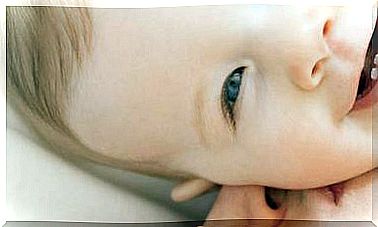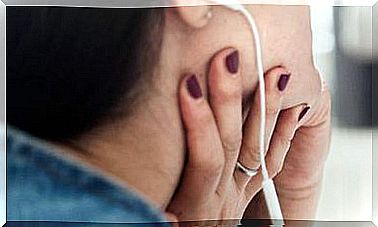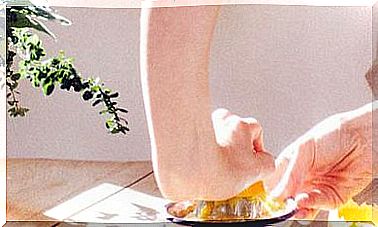8 Things You Probably Didn’t Know About Potassium
This mineral, essential for good cell function, protects against hypertension and diabetes. Find out what foods it is in and how to avoid deficiencies.

Potassium is an essential mineral for the body to achieve a good overall balance. It is very important for heart health and good cell function. A diet abundant in vegetables is the ideal one to cover daily needs. We summarize in nine points everything you need to know to avoid its lack.
1. How much potassium do we need
The daily needs are around 1 g, although the ideal is to take 3 to 4 g per day.
You can get 4 g in a single day by including foods with potassium as common as the following in the menu, in these amounts:
- 75 g of lentils (607 mg)
- 200 g potato (1,700 mg)
- 100 g of spinach (633 mg)
- 200 g of banana (764 mg)
- 200 g of melon (640 mg)
2. Why is potassium important for health?
It is involved in vital functions such as nerve impulse transmission, muscle and cardiac contraction, hydration and acid-base balance, which depends, among other things, on the amount of potassium, sodium, chlorine and bicarbonates. It is, therefore, a key element for health.
3. Lack of potassium is rare
If you follow a varied diet, rich in vegetables, and there are no underlying diseases, you do not have to worry about a possible potassium deficiency. Another thing is that there are kidney problems or metabolic diseases.
Potassium deficiency can also occur in the event of malnutrition.
4. The more sport, the more potassium you need
More losses occur with sport, in part because sweat removes potassium. But also because it is necessary for the synthesis of muscle and liver glycogen.
In any case, only extra doses of potassium will be needed depending on the type of sport in question and its intensity.
5. Beneficial in case of hypertension
According to studies, an “extra” potassium intake increases sodium losses and therefore improves hypertension.
Therefore, you have to reduce your sodium intake and get enough potassium in your diet. An excess of sodium leads, in turn, to greater loss of potassium in the urine (and calcium!).
6. Prevents diabetes
A meal low in potassium causes less insulin to be secreted. Therefore, one way to prevent diabetes is to eat foods rich in potassium, such as fruits, vegetables, legumes, and nuts.
7. Some drugs cause potassium loss
There are diuretics that promote the excretion of potassium in the urine and it is important to take this into account. This is one of the causes, among others, why diuretics should not be taken indiscriminately. The indiscriminate and abundant intake of diuretic infusions is not harmless either.
8. What are the symptoms of a lack of potassium
Tiredness, some weakness and muscle fatigue are the main symptoms of mild deficiency. But it must be borne in mind that these are very nonspecific signs and that logically they can also appear for other causes. In any case, it has to be a specialist who evaluates if there are deficiencies.









